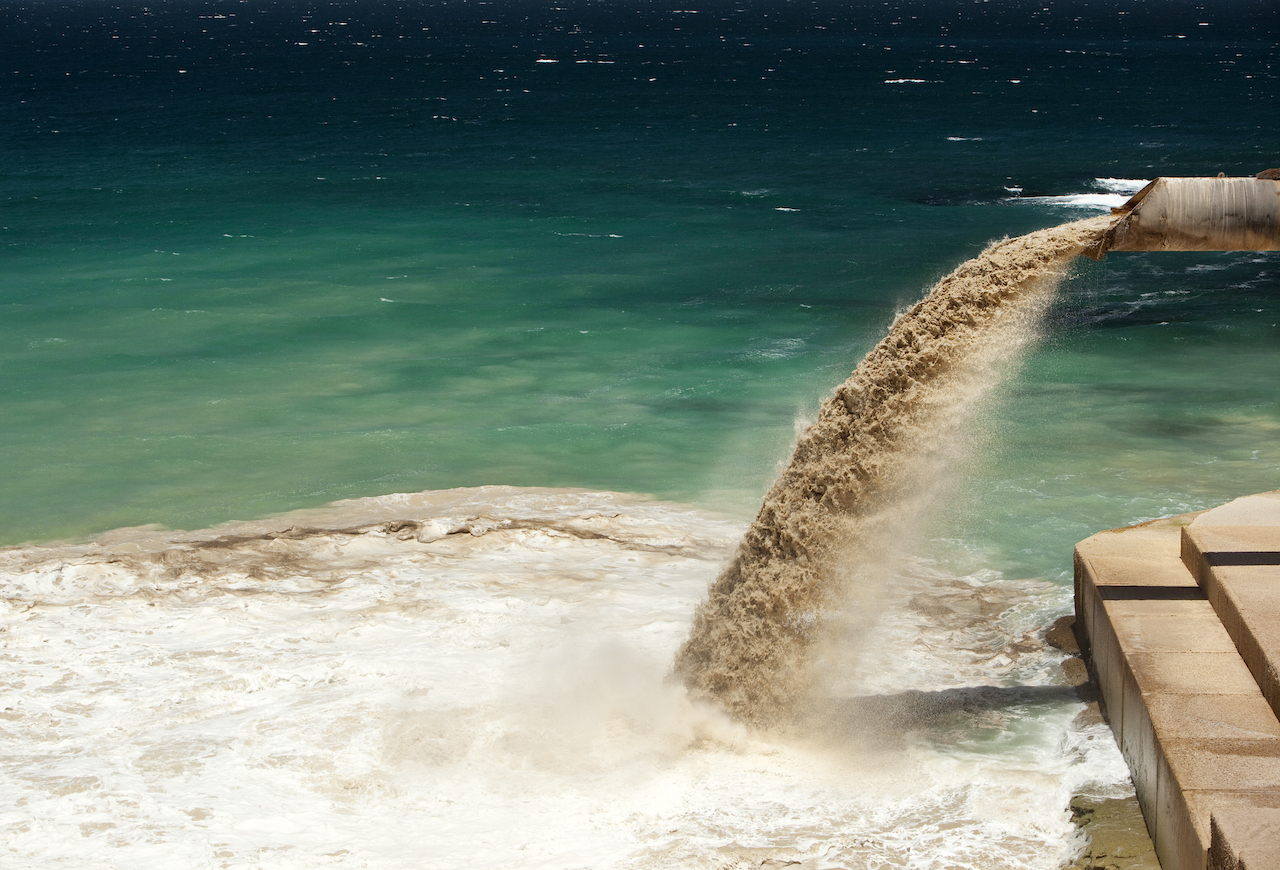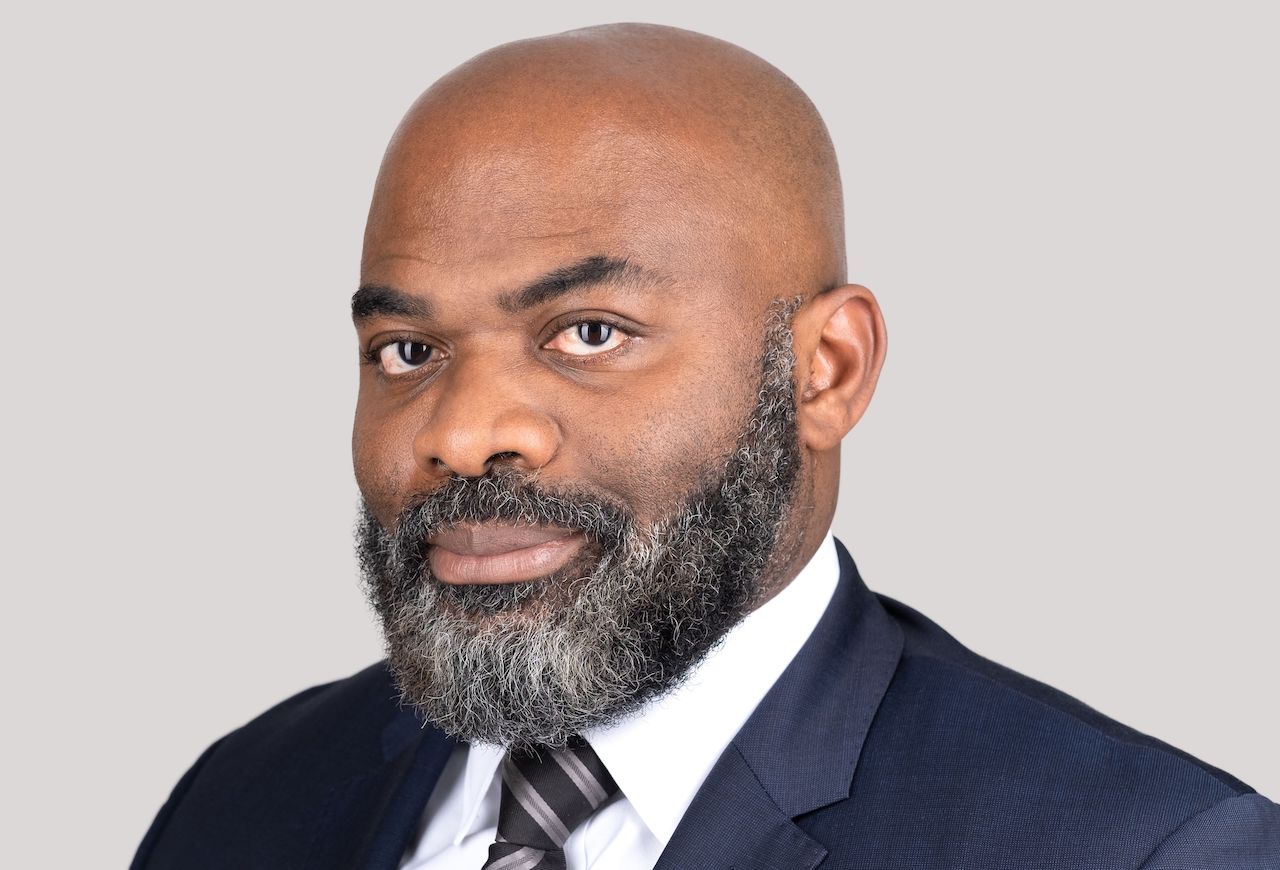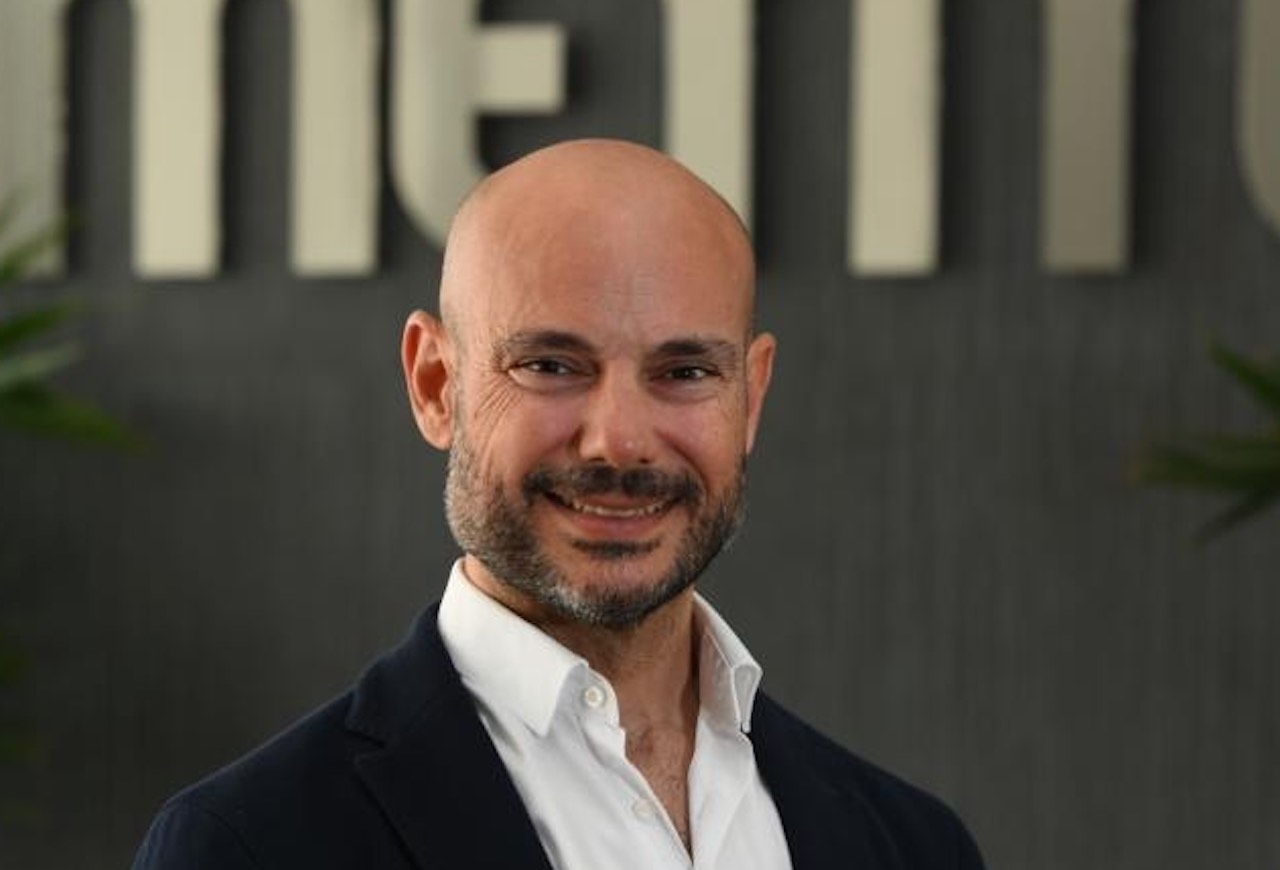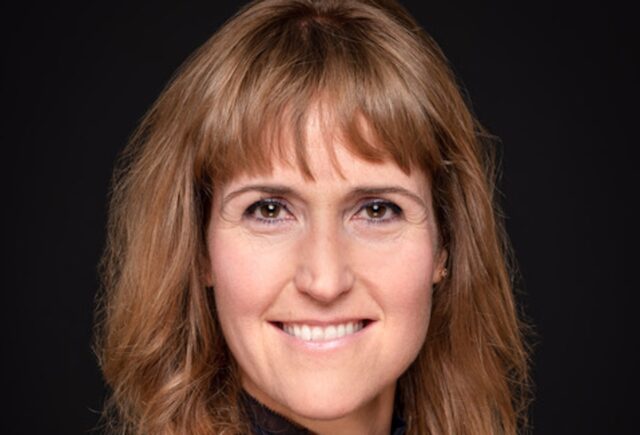The water infrastructure funding gap is the largest of any infrastructure sector in Africa. We sit down with Metito’s Rami Ghandour and BII’s Chris Chijiutomi to discuss their Africa Water Infrastructure Development (AWID) initiative.

In brief
- Over 400 million people in Africa do not have access to clean water and over 700 million lack adequate sanitation services.
- The potential environmental and social impacts are enormous. According to BII, women across 25 countries in sub-Saharan Africa spend 16 million hours every day collecting water.
- The water infrastructure financing gap is the largest of any infrastructure sector in Africa, at $56-$66 billion per year.
- AWID seeks to solve these challenges, “by providing a viable commercial model for water infrastructure and provision”.
Strategic investments in the resilience of urban water systems are essential for urban populations and growing economies. According to the UN’s first-ever assessment of water security in Africa, only 13 of the continent’s 54 countries were found to have a “modest” level of water security. Over 400 million people in Africa do not have access to clean water and over 700 million lack adequate sanitation services.
Despite the huge consumer and industrial demand for water, in reality, only $10 – $19bn is invested each year. The water infrastructure financing gap is the largest of any infrastructure sector in Africa, at $56-$66 billion per year.
Water security is therefore one of the most significant development challenges of our time.
In response to that challenge, provider of sustainable water management solutions Metito and UK’s development finance institution British International Investment (BII) have joined forces to establish the Africa Water Infrastructure Development (AWID) platform.
AWID will finance water and wastewater management treatment plants, as well build facilities to help increase access to sustainable, safe and reliable water in countries that are most vulnerable to the climate crisis.
BII and Metito

BII has an extensive programme of infrastructure investments across Africa and recognises that there has been significant under investment in the key water sector. Chris Chijiutomi, managing director and head of Africa at BII, says: “AWID will leverage BII’s patient, flexible capital and Metito’s high-value engineering to create a foundation for success that shifts how investors respond to water scarcity in Africa.”
Metito’s core business is developing and managing water assets, principally in the Middle East and Asia. It was involved in a project in Sharm El Sheikh in Egypt that has gradually expanded to supporting the needs of other major cities in the country.
Metito is also involved in the public-private partnership (PPP) in Kigali, Rwanda which is the first such project in sub-Saharan Africa and, according to managing direrctor Rami Ghandour “has become very much a poster child for the development of water assets across the continent. Our experience with the Kigali project convinced us the public-private partnerships are the only way to go in developing the water assets of Africa”.
Metito’s existing assets in Egypt and Rwanda are being rolled into AWID. The intention is then to roll out a series of projects across the continent, and AWID is currently bidding on a major development in Botswana.
Potential impact
Large areas of the African continent are very arid, for example in Egypt only 3% of land is arable land. In Namibia, it is just 1%.

When it comes to water infrastructure, the potential “social impact is quite mind bobbling” says Ghandour. “Water is obviously an absolute essential for all human needs. Speaking to a small business owner near our plant in Kigali, he told me how revolutionary it was to go from having poor quality water, delivered just twice a week, to having fresh quality water available 24/7. We are having a tremendous impact on people’s lives.”
This is especially true for women. According to BII, women across 25 countries in sub-Saharan Africa spend 16 million hours collecting water each day.
In addition, Ghandour notes that “across the continent wastewater treatment is frankly in its infancy and upgrades have an enormous impact both in terms of people and environment”.
Only 10% of wastewater in urban areas in sub-Saharan Africa is treated before being released into the environment. In total over 70% of industrial and municipal wastewater in the region is discharged into the environment without treatment.
This has a major environmental impact. Wastewater treatment is important as it removes pollutants from the discharged wastewater and this can lead to fewer carbon emissions.
Ghandour says: “Proper treatment will reduce the carbon emissions involved by something like 75%, and the impact on local people’s health and on the local environment of treating polluted board water is quite enormous.” Treating wastewater also means water can be reused for irrigation or other processes.
All of the above benefits don’t just enhance public health. They also generate economic and employment opportunities.
Attracting private capital
Historically, African governments have faced challenges in addressing water scarcity, including a lack of capital to develop water infrastructure projects and inefficiencies in building and maintaining such projects.
PPPs are a vital tool to help improve access, leverage finance, and bridge the financing gap. They are also thought to improve utility performance, stimulating competition, and creating accountability in Africa’s water sector. Involving the private sector has also seen progress in efficiently managing construction, service delivery, and asset maintenance.
BII’s intention is therefore clear. Chijiutomi says: “By providing a viable commercial model for water infrastructure and provision, AWID will demonstrate to private investors that capital can be deployed to deliver operationally efficient and high-impact water infrastructure at scale in Africa – helping mobilise patient capital and long-term private investment into the sector. “
Apparently, there is a dedicated mobilisation resource within BII with an increased focus on helping stimulate the flow of capital towards climate-resilient water systems such as AWID. To this end, BII has been developing the CARE (Climate Adaptation and Renewable Energy) blueprint, which lays out a stepwise approach to mobilise private finance for climate-resilient and low-carbon water infrastructure.
“The water opportunity in Africa is tremendous,” agrees Ghandour. We hope to bring in other private investors in due course and obviously we have strong relationships with all of the development finance institutions. We will particularly welcome the involvement of partners with specific expertise in any individual African country. I call on anyone interested to come forward.”
He admits “Africa is a complicated continent with a lot of bureaucracy and often inadequate legal frameworks and corruption is obviously also a prevalent issue. All of these things mean it is very important to work with experienced partners and to martial our combined forces together.”
Ghandour believes this platform could grow significantly. “We have identified at least fifty major opportunities for water infrastructure, and as urban development continues to expand rapidly the opportunities will multiply.”





